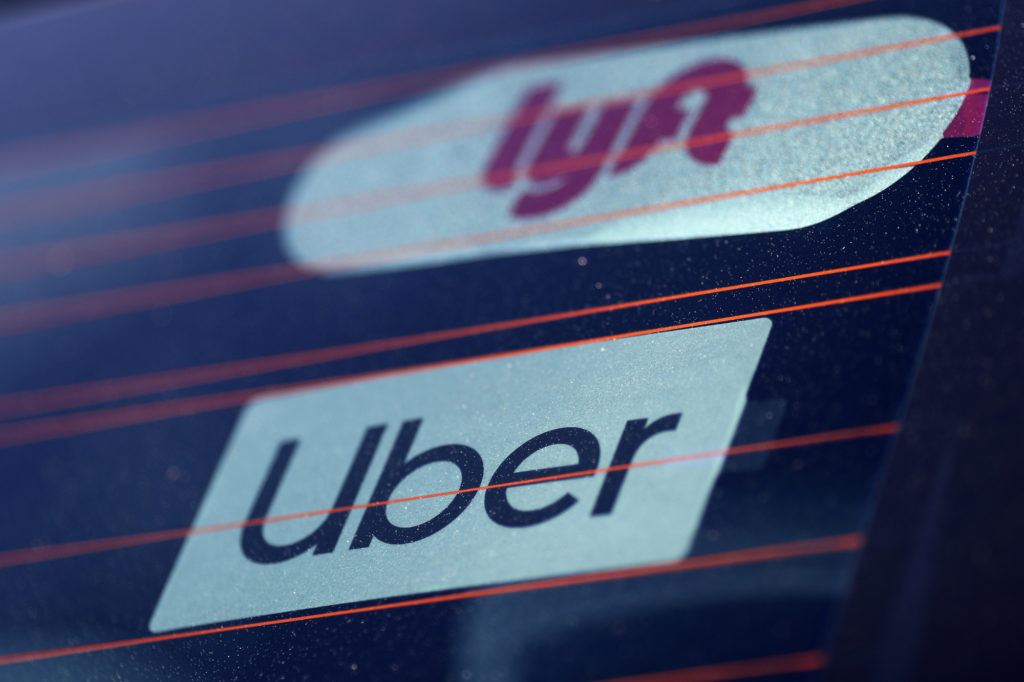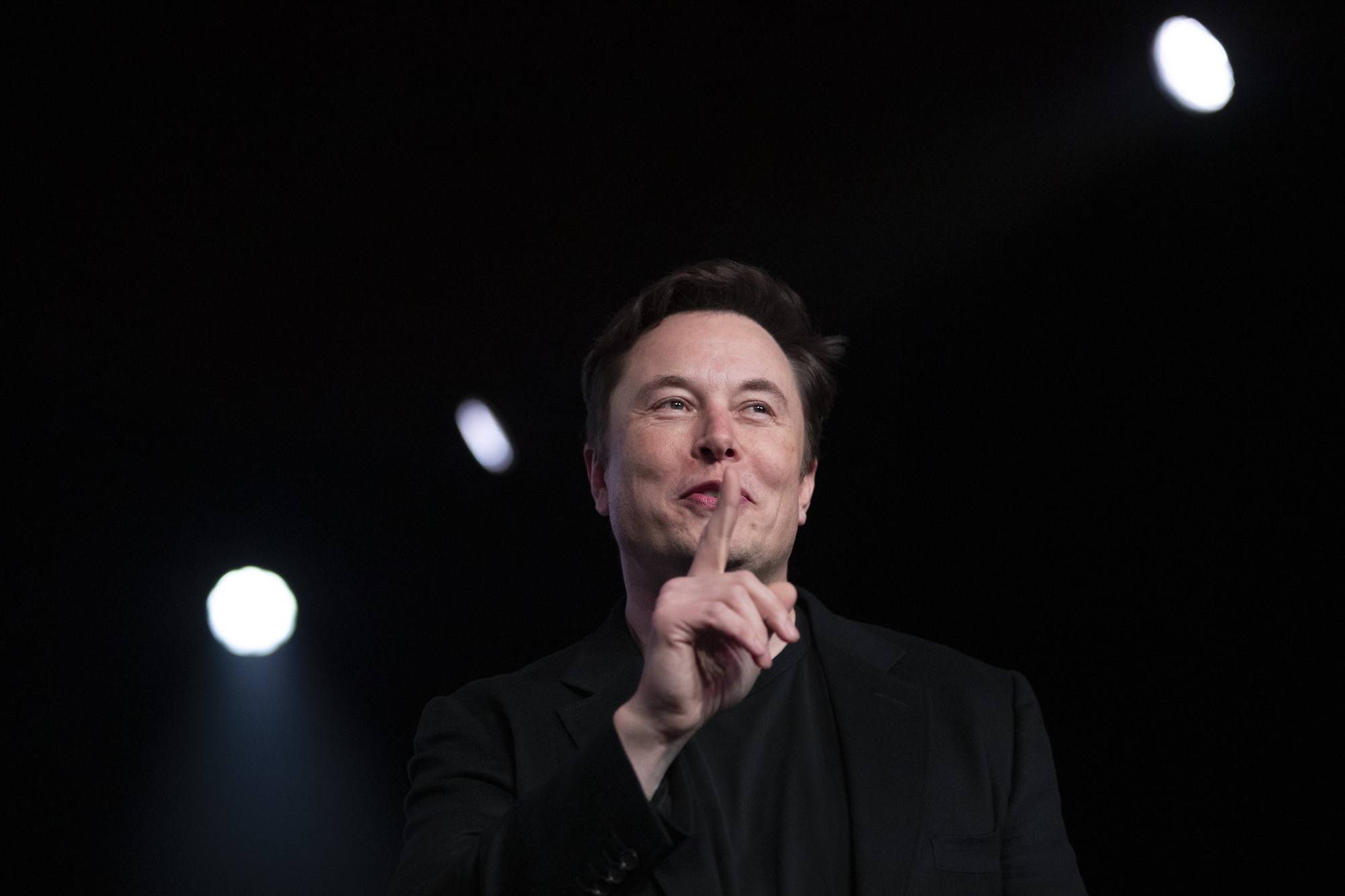Uber’s $14 Billion Blunder – Not Buying Out Lyft When it Had the Chance

Uber had multiple chances to buy out its top competitor, Lyft. Failing to do so was a colossal mistake. | Source: REUTERS/Lucy Nicholson
By CCN.com: As the headlines fill with talk of a mad dash for the Lyft IPO , Uber must be wondering why they didn’t crush their rival when they had the chance. It is not like these two companies came up together; Uber has always been more prominent and more global.
So why did they allow Lyft to become such a thorn in their side?
Uber Thought $9 Billion Lyft Price Tag Was Way Too Expensive
Well, it’s not like Uber didn’t consider buying Lyft .
In 2014 there was some talk of a buyout, but the valuation was deemed to be too steep. Again in 2016, Uber mulled an offer, but Lyft wanted $9 billion, far more than Uber was prepared to pay – $7 billion more to be exact. Fair enough, but if you consider that the upstart ride-share rival has now been given a valuation somewhere in the region of $21-$23 billion , that $9 billion asking price is looking cheap.
Anti-trust issues aside, it’s quite apparent with the benefit of hindsight that Uber needed to crush any rivals as early as possible. Nothing about ride-share lends itself well to patent wars. Yes, you can protect some innovation, but not the process of picking someone up in a car and driving them somewhere else. Lyft has merely lain in the shadows, watching what Uber is doing, avoiding its mistakes and trying to find a niche for itself.
CEO Khosrowshahi Avoids Past Mistakes by Purchasing Careem
The result has been to take a massive slice out of Uber’s market share in the most valuable market, the US. CEO Dara Khosrowshahi has learned a strong lesson from his predecessors, as the world’s largest ride-share company is purchasing Careem, a significant competitor in the Middle East.
Uber could one day still purchase Lyft, but given the hysteria around these unicorn IPOs, there probably couldn’t be a worse time. Uber’s worth is considerably more open-ended than that of its little brother. While valuations are shifting just a couple of billion dollars for Lyft, Uber’s is less clear . Worth between $76 billion and $120 billion, purchasing Lyft would be a nightmare now that it could swallow a full third of its larger rival’s valuation.
Car Subscriptions Could Pressure Rideshare Giants
An interesting article from Rick Newman at Yahoo Finance indicates there is another reason why Uber may have missed the boat to maximize its valuation.
Cheap car subscription services are becoming a major threat to ride share:
“Future growth could disappoint, as a competing form of mobility catches on: car subscription services. A car subscription lets people who want full-time access to a car pay one monthly fee that covers everything except gas, and keep the vehicle in their own garage…”
It is specifically the cost savings versus rideshare that make car subscriptions a compelling alternative.
“At the cheap end, car subscriptions will likely be cheaper than owning or leasing… And if car subscriptions pan out as some analysts expect, they could blind-side Uber and Lyft.”
Tesla Taxis Will Place Further Pressure on Uber

Uber missed the boat to buy Lyft, a mistake that probably took a $20 billion chunk out of their present valuation. If Lyft’s earlier IPO is a huge success, who knows how much further they can eat into Uber’s market dominance .
Don’t look back in anger Uber, enjoy the fact that you are probably worth more now than you ever will be in the future. Once autonomous vehicles are here, Tesla will unleash its fleet of Model 3 taxis .
And you thought Lyft was a problem.